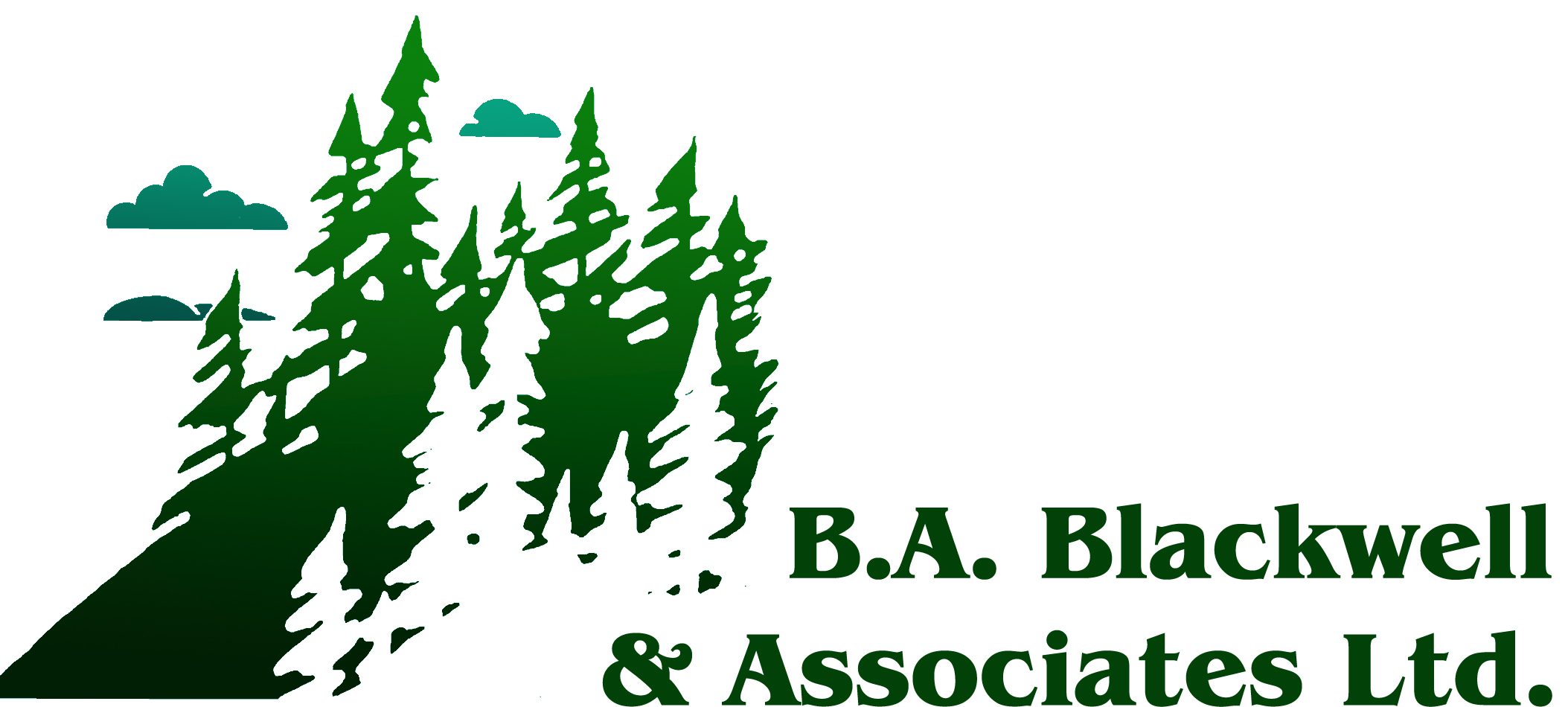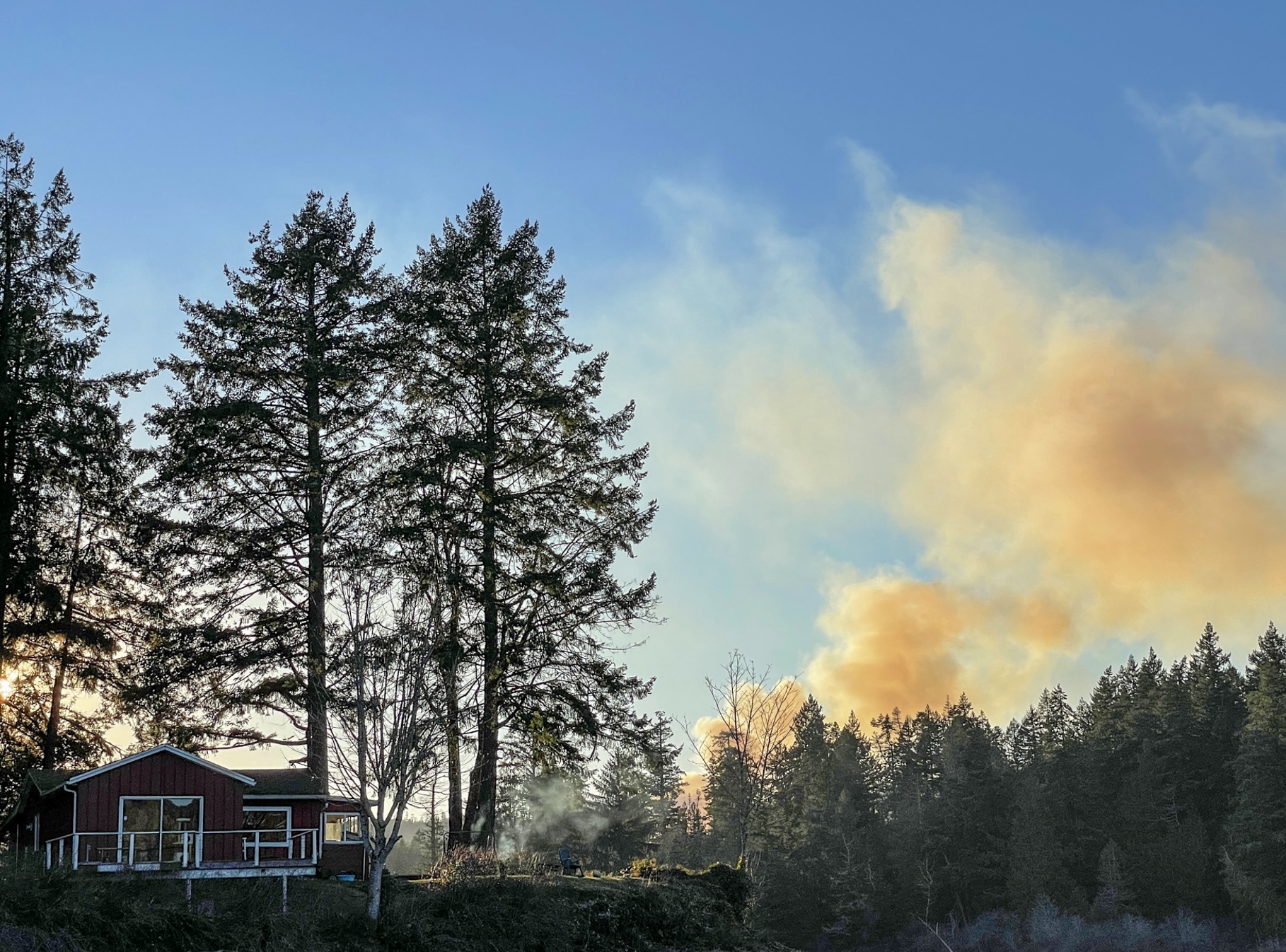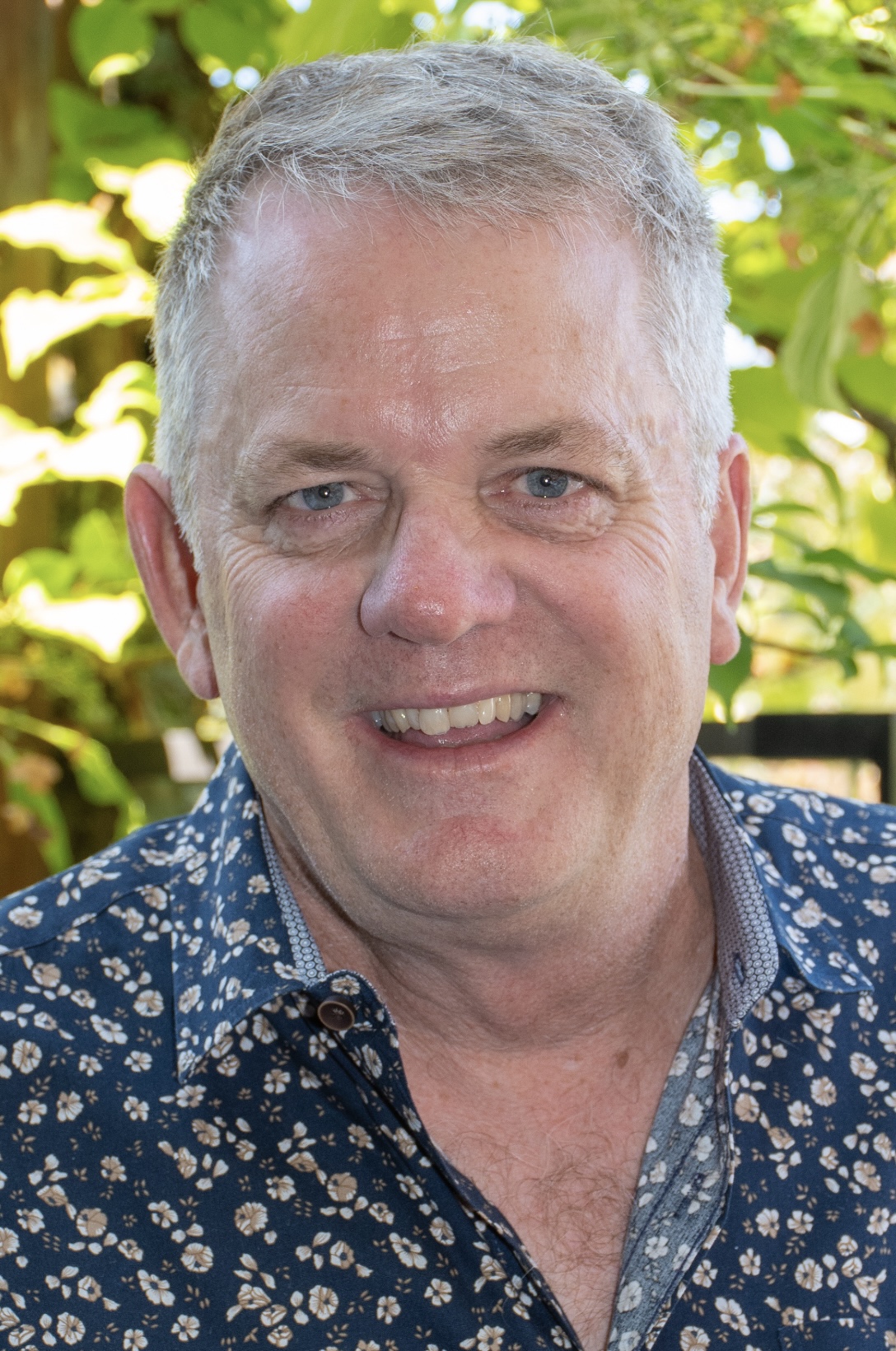
 Over the past three years various regions of British Columbia have experienced significant drought. As of March 1st, 2024, the provincial snowpack in B.C. remains low, averaging 66% of normal. The forecasted spring temperatures are predicted to be above normal and the current long-range forecast for wildfire is for an active spring season. Already the Prince George and Cariboo Fire Zones have put burn bans in place for commercial (Category 2 and 3) burning as of March 28, 2024, prior to the official start of the wildfire season (April 1st). These are sound proactive measures given the current conditions throughout a large part of the Province.
Over the past three years various regions of British Columbia have experienced significant drought. As of March 1st, 2024, the provincial snowpack in B.C. remains low, averaging 66% of normal. The forecasted spring temperatures are predicted to be above normal and the current long-range forecast for wildfire is for an active spring season. Already the Prince George and Cariboo Fire Zones have put burn bans in place for commercial (Category 2 and 3) burning as of March 28, 2024, prior to the official start of the wildfire season (April 1st). These are sound proactive measures given the current conditions throughout a large part of the Province.
However, even with these measures in place there is still a significant risk of wildfires starting on private land that is not regulated by the Wildfire Act. This year the risk is significant and elevated by the drought and potential for a drier warmer spring. Typically, private landowners start unregulated fires to burn organic debris or grass to either dispose of waste materials or to protect their properties from wildfire. While under the right burning conditions, this can be a sound and effective practice but can easily go wrong when landowners do not have the right experience and knowledge to burn. While the forest industry can rely on trained professionals to execute burns under appropriate conditions, these same professionals are rarely involved in private land burning. Unfortunately, there is very little guidance to private landowners on both burning regulations and the penalties that can be applied when a private landowner’s fire crosses onto crown land. The following Wildfire regulation spells it out quite clearly:
Non-industrial use of open fires
5(1) [1]Except in prescribed circumstances, a person, other than a person carrying out an industrial activity, must not light, fuel or use an open fire in forest land or grass land or within 1 km of forest land or grass land.
(2)A person who does not comply with subsection (1) must
(a)immediately carry out fire control and extinguish the fire, if practicable, and
(b)as soon as practicable, report the open fire as described in section 2.
 While many landowners have burned successfully on their properties for many years, the conditions present this season may pose a risk of fire escape not seen in recent memory. A small debris fire, with the current drought conditions and fanned by daytime winds has the potential to cause significant wildfire damage. In addition, an early spring debris burn has the potential to hold over and start an ignition later if things remain dry and warm during spring and early summer months.
While many landowners have burned successfully on their properties for many years, the conditions present this season may pose a risk of fire escape not seen in recent memory. A small debris fire, with the current drought conditions and fanned by daytime winds has the potential to cause significant wildfire damage. In addition, an early spring debris burn has the potential to hold over and start an ignition later if things remain dry and warm during spring and early summer months.
As a wildfire professional, having participated in several Opportunities To Be Heard (OTBH) and Appeals Commission hearings, I have often seen private landowners charged with significant administrative penalties and cost recovery claims for suppression costs, sometimes reaching as high as a half a million dollars or more. In addition to the penalties and cost recovery, there are considerable additional costs associated with legal and expert reporting to participate and organize a defence against these charges. In some specific cases I have seen private landowners with limited resources unable to pay for these costs.
Historically, private land burning has resulted in numerous early spring wildfires that have been damaging to both private and public land. Given the conditions of this current season I would recommend that private landowners avoid any burning to limit their liability and protect their property. I also believe that the British Columbia Wildfire Service should outline a warning to private land holders under these conditions, similar to the bans put in place for industrial users, of the both the risk and the potential financial consequences of an escaped fire on private the land. These human caused fires have the potential to tie up significant suppression resources, impact crown land values and result in a significant financial cost to the crown or private individual.
All of this could potentially be avoided with some simple communication and messaging. This is a place where prevention can be both meaningful and impactful.
[1] . A holdover fire is defined a fire that remains dormant and smouldering in the organic layers of the soil beneath the ground surface and has the potential to come to the surface and ignite available fuels under the right weather conditions.
###

Bruce Blackwell
Bruce Blackwell is the Principal of B.A. Blackwell & Associates Ltd., a Canadian forestry consultant company dedicated to providing high quality, cost-efficient professional forestry and environmental management services.